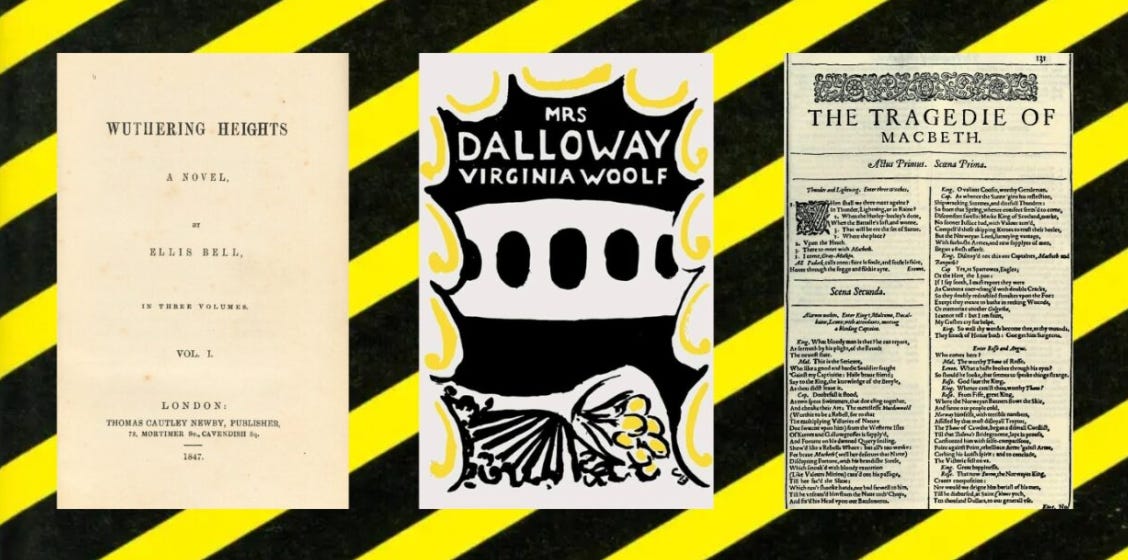CliffsNotes have at least four main advantages over contemporary tools when it comes to literary analysis—advantages I didn’t see or appreciate until ChatGPT stormed onto the scene.
The first is that one knows exactly who provided the information. The writer’s name is on the guide and they get credit (and payment). The second is that the information comes from scholars,, not random scraps of common information on the internet. The company says its guides are written by “real teachers and professors,” though it later revealed that grad students often write the material.
As scholars in the field, the expertise of the authors generally precluded the need for fact-checking, so inaccuracies inevitably occurred. Such inaccuracies can be addressed and corrected more easily than ChatGPT’s hallucinations can.
The third advantage is that CliffsNotes authors directly cite the text and quote important portions, rather than relying on vague summaries or inaccurate references.
Lastly and most crucially, CliffsNotes don’t generate writing that students can pass off as their own. Sure, they can try to plagiarize CliffsNotes, but it’d be easy to identify the vocabulary and style as not theirs.
Read more | LIT HUB

